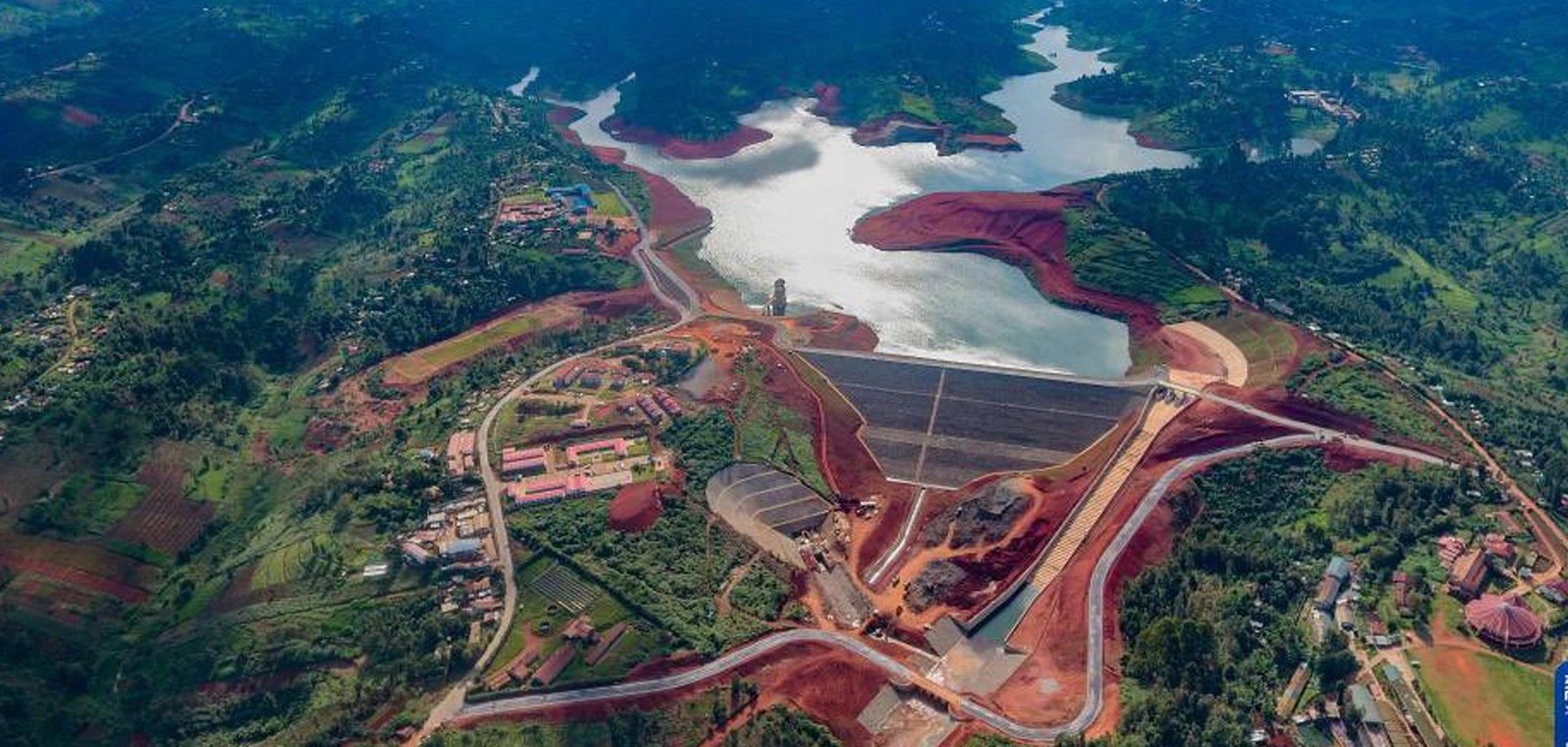Kenya, through The Ministry of water is in the process of undertaking necessary legal and regulatory amendments to the Water Act 2016.
According to the Principal Secretary in The Ministry of water – Paul Rono, the review will help operationalize the national public water works and ensure bulk investments are undertaken through the public-private partnership (PPP) framework.
He observed that the burden of water and sanitation provision in the country is huge and can only be gapped through such a partnership.
“The Ministry acknowledges that water is a national resource and cannot be localized within one area,” he said.
He added that while some areas are blessed with adequate water sources, others have none, calling for the construction of cross-country supply systems for sharing amongst several counties.
Kenya, EIB partner on renewable energy for green hydrogen scheme
The financial gap, he noted, currently stands at approximately US $772,000 annually.
The PS was making the remarks during a consultative forum on the license for the Karimenu II dam water supply system. Terming the move as timely, Rono urged other agencies to follow suit to ensure Kenyans access the basic commodity with ease.
Bulk water supply systems, he stated, will soon be operationalized across the country.
Bulk water supply systems are large-scale water supply systems that are designed to provide water to communities in large quantities. These systems are used to supply water to communities that are not connected to the main water supply system, as well as to supplement the supply to areas that are connected to the main system.
The operationalization of bulk water supply systems in Kenya is a critical step towards ensuring universal access to clean and reliable water. It requires a multi-faceted approach that involves the identification of areas that require the systems, the design and construction of the infrastructure, and the testing and commissioning of the system.
Operationalizing these systems in Kenya can help to ensure that more people have access to clean and reliable water.

